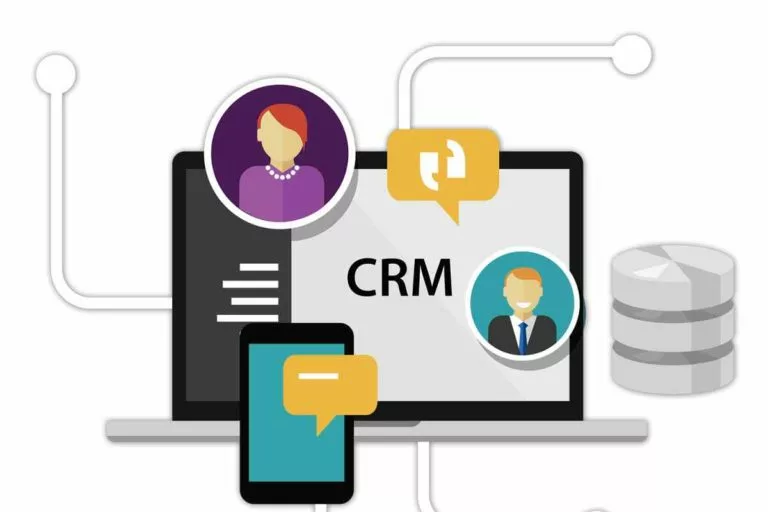Top 5 CRM Development Trends for Businesses in 2024 | Smart Solutions

In 2024, Customer Relationship Management (CRM) systems continue to evolve, driven by advancements in technology and the ever-growing demand for personalized customer experiences. Since we launched our startup project — a CRM for a travel agency — we have a deep understanding of industry trends and would like to share our insights. Here are the five key trends reshaping CRM development for businesses in 2024.
1. AI-Powered CRM Systems
Artificial Intelligence is revolutionizing CRM platforms by automating repetitive tasks, analyzing customer data, and providing actionable insights. AI-powered chatbots, predictive analytics, and sentiment analysis tools enable businesses to enhance efficiency and deliver superior customer support.
Example: Integrating AI chatbots that handle 70% of customer inquiries, allowing human agents to focus on complex issues.
2. Mobile-First CRM Design
With mobile devices becoming the primary tool for business operations, mobile-first CRM designs are essential. Modern CRMs offer seamless mobile experiences, enabling remote teams to access data, track sales, and communicate with clients on the go.
Key Feature: Progressive Web Apps (PWAs) that function offline and synchronize when reconnected.
3. Enhanced Integration with Messaging Platforms
Incorporating popular messaging apps like WhatsApp, Instagram, and Telegram into CRM systems is no longer optional. Businesses leverage these integrations to engage customers on platforms they already use, enhancing communication and improving conversion rates.
Case Study: A travel agency increased bookings by 40% through WhatsApp integration, enabling real-time responses to customer queries.
4. Data Privacy and Security Compliance
With stricter regulations like GDPR and CCPA, data security remains a top priority. CRMs in 2024 focus on end-to-end encryption, robust access controls, and secure data storage. Businesses also implement tools for compliance audits and customer consent management.
Pro Tip: Choose CRMs with built-in compliance features to avoid legal pitfalls.
5. Hyper-Personalization with Data Analytics
Customers expect tailored experiences, and CRMs use advanced analytics to meet this demand. By analyzing customer behavior, purchase history, and preferences, businesses can craft personalized marketing campaigns and product recommendations.
Real-World Impact: Hyper-personalized email campaigns boost click-through rates by up to 50%.
Conclusion: Preparing for the Future
The future of CRM lies in leveraging technology to simplify processes and create meaningful customer interactions. By embracing these trends, businesses can stay ahead of the competition and ensure long-term success.
Want to implement these features into your CRM? Contact us